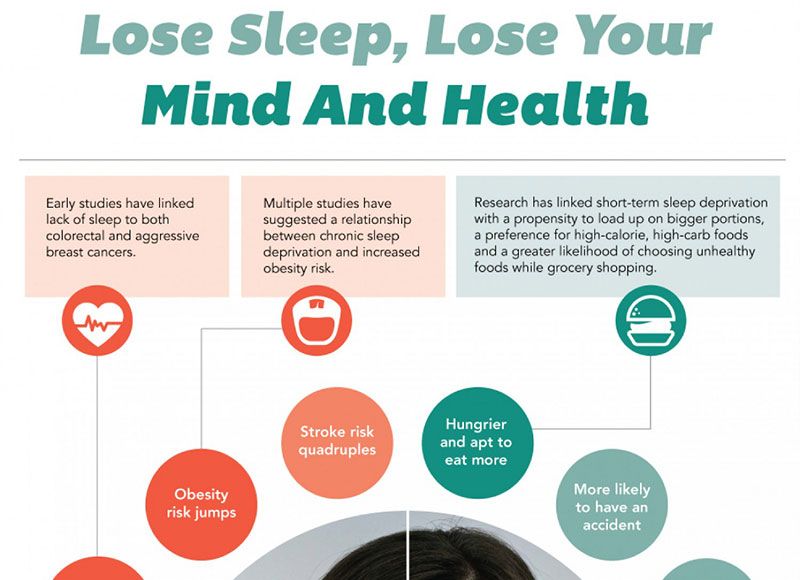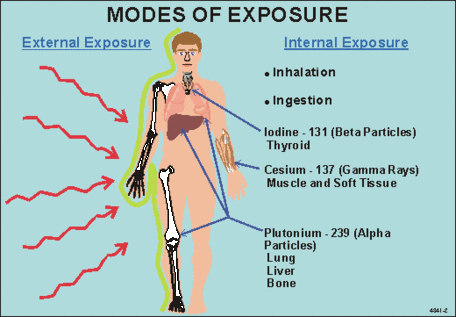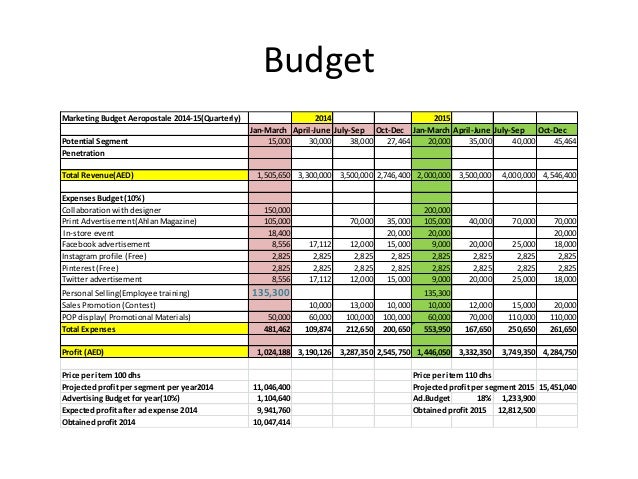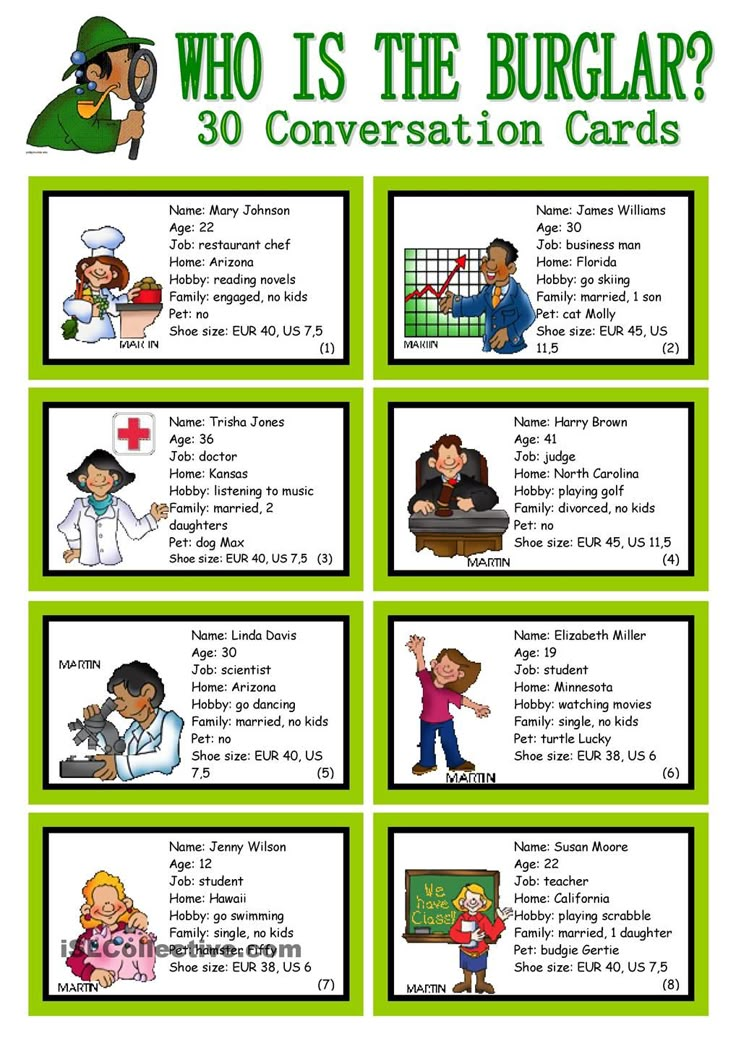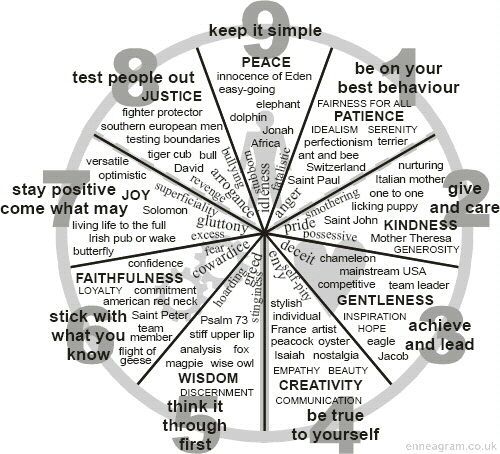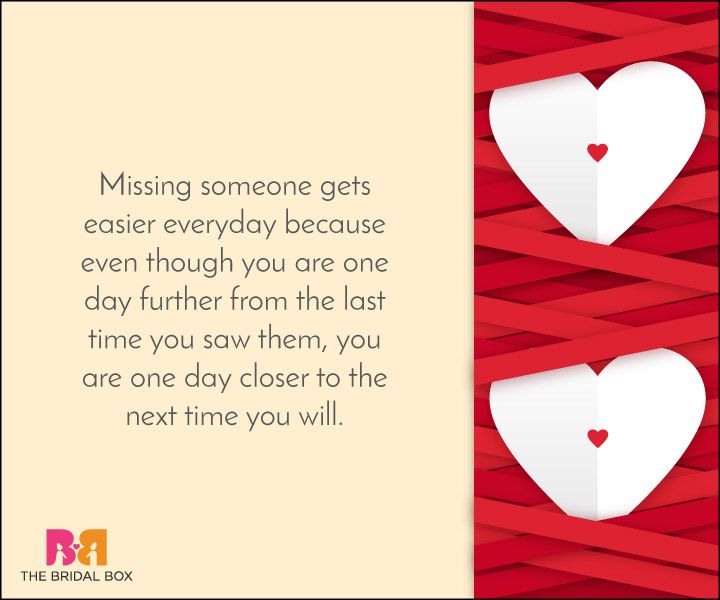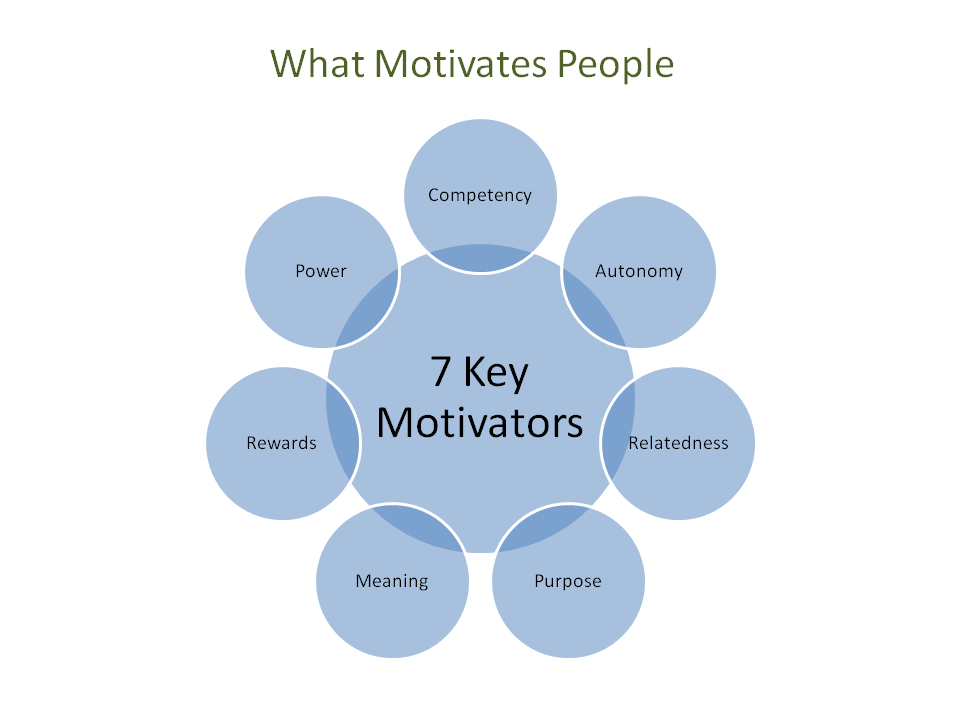How words affect us
Choose Wisely: How Our Words Impact Others
When it comes to living an altruistic lifestyle, a lot can be said for what we say. As author Yehuda Berg states, “Words are singularly the most powerful force available to humanity… Words have energy and power with the ability to help, to heal, to hurt, to harm, to humiliate and to humble.” The words we choose and how we use them can build others up or tear them down; bring the community together or rip it apart.
Our words are powerful, and should be treated with respect. So how do our words impact others, and how can we choose them wisely? Today, we’re going to find out.
Your words have meaning.
The greatest mistake we can make is believing our words have no value in other people’s lives. Have you ever had a conversation with someone and, for whatever reason, can still remember it practically verbatim years down the road? Now consider a similar conversation in someone else’s life: your words could be the ones
they have in their head.
The words we choose mean something. Whether that meaning is positive or negative is up to you. If you want to live altruistically and make an impact in the world, try starting with the daily words you choose. How do you talk to others, to yourself, to your superiors, to your inferiors? When we recognize the value our words have, we take the first step in bettering our community.
Your words are remembered.
If words have meaning, then they are definitely remembered. Consider the child in class whose teacher tells him he’s never going to be as good of a student as his older sister. This comment, which could mean nothing to the teacher, will always be remembered by the child.
In contrast, think of the child whose teacher tells him how much she believes in him. Even a simple comment can forever make an impact—either uplifting or defeating. To live an altruistic life is to recognize our words aren’t just for today; they’re for every day after today. What you say now could be remembered for years to come, so choose carefully.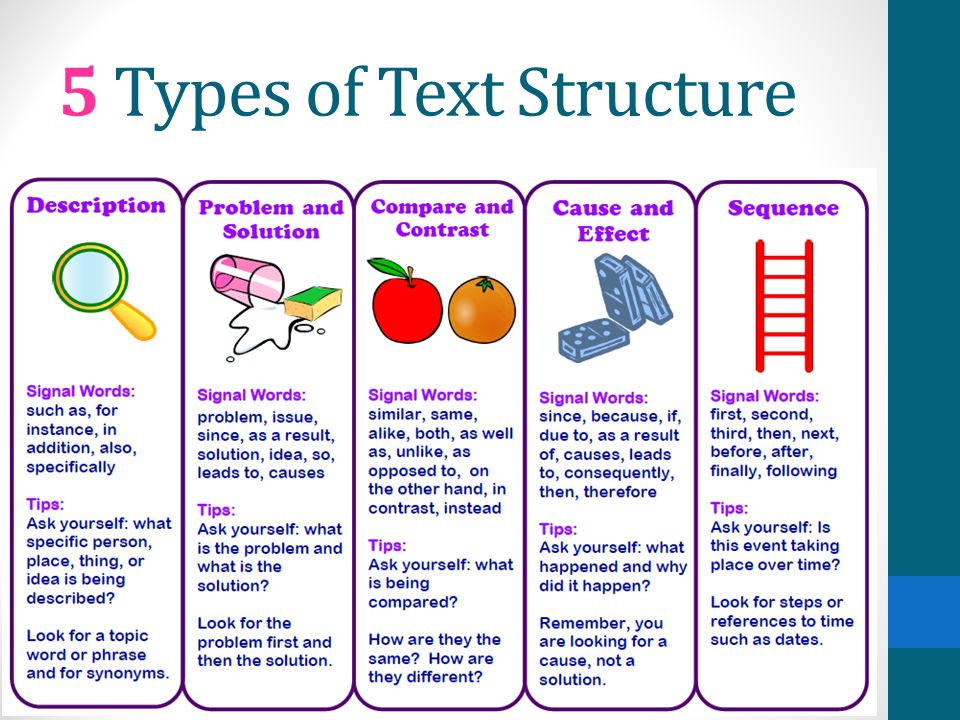
Your words make a difference.
Words. Are. Powerful. Think of powerful words throughout history which have had a lasting difference in our world. “Four score and seven years ago.” “I have a dream.” “Tear down this wall.” Our words, when chosen correctly, can make a positive contribution in our own lives and the lives of those around us.
Words filter through us and seep into our community, where they are absorbed then reasserted by others to people they know. When we recognize the power our words have, we see the impact they can have and we choose them based on what kind of difference we want to make.
Speak with mindfulness.
So how can we choose our words wisely? By being mindful of those we use and the effect they have. Mindfulness is more than just thinking before speaking. It’s recognizing the people around us and promoting a more compassionate society through our language choice.
Rather than speaking out emotionally and uncontrollably on any issue, mindfulness means giving careful consideration and thought to how your words could impact others. It means recognizing poor language choice and readjusting to live a more loving life.
It means recognizing poor language choice and readjusting to live a more loving life.
To live altruistically means to first speak altruistically. The words you choose in your life have meaning; they are remembered; they make a difference. When we recognize the power our words have, we can harness that power to be a force for good in the community around us.
When we speak with mindfulness, we create a more positive and altruistic world. So go ahead, get out there, and choose wisely.
The Neuroscience Behind Our Words
OpinionPosted | Category: BRM Capability, Business Relationship Management Research, Professional Development | Contributed by Lindsey Horton
Sticks and Stones
“Sticks and stones may break my bones, but words can never hurt me.”
This phrase is reminiscent of childhood recess when we didn’t want others to know how hurtful their words truly were. However, the belief that physical injury is more painful than psychological or emotional injury is not necessarily true.
However, the belief that physical injury is more painful than psychological or emotional injury is not necessarily true.
Scientific studies actually show that positive and negative words not only affect us on a deep psychological level, but they have a significant impact on the outcome of our lives.
Words Can Hurt MeIn their neuroscience experiment, “Do Words Hurt?”, Maria Richter and collaborating scientists monitored subjects’ brain responses to auditory and imagined negative words. During this process, they discovered painful or negative words increase Implicit Processing (IMP) within the subgenual anterior cingulate cortex (sACC).
Put frankly, their study proved that negative words release stress and anxiety-inducing hormones in subjects.
Additionally, a study found increased levels of anxiety in children associated with higher rates of negative self-talk. According to the study’s abstract,
“These results suggest negative self-talk plays a role in the generation or maintenance of anxiety in normal children.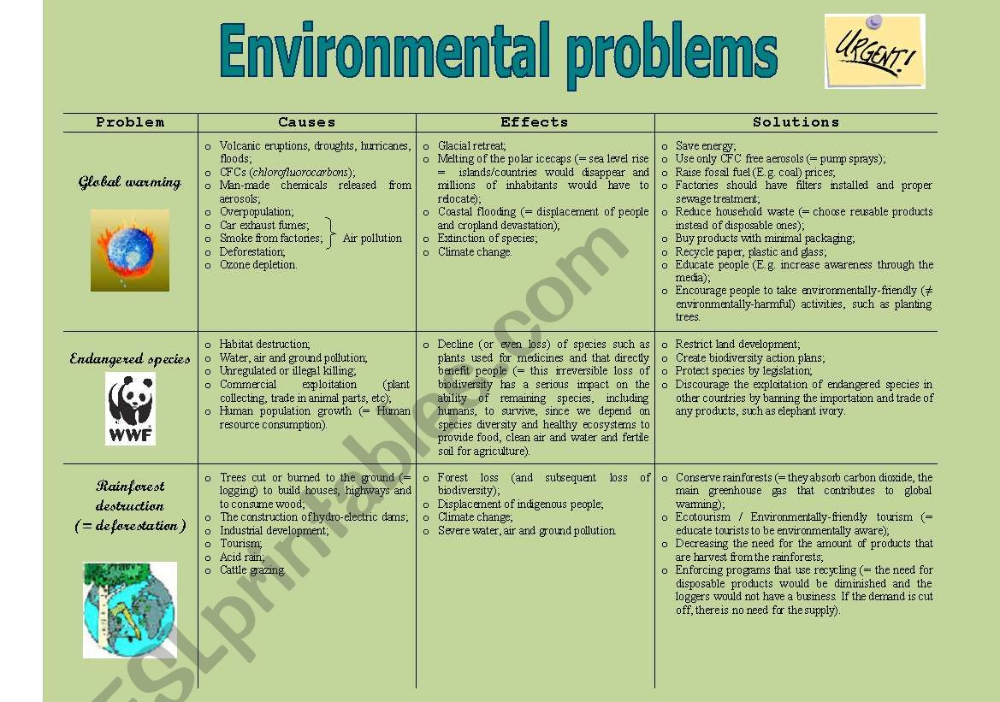 ”
”
Ultimately, negative words, whether spoken, heard, or thought, not only cause situational stress, but also contribute to long-term anxiety.
Think Happy ThoughtsNaturally, the recognition that holding negative thoughts in our mind is enough to induce stress and anxiety hormones begs the question, “What effect do positive thoughts have?”
In their jointly written book, Words Can Change Your Brain, Dr. Andrew Newberg, a neuroscientist at Thomas Jefferson University, and Mark Robert Waldman, a communications expert state, “a single word has the power to influence the expression of genes that regulate physical and emotional stress.”
Furthermore, according to these two experts in their field, exercising positive thoughts can quite literally change one’s reality.
“By holding a positive and optimistic [word] in your mind, you stimulate frontal lobe activity. This area includes specific language centers that connect directly to the motor cortex responsible for moving you into action. And as our research has shown, the longer you concentrate on positive words, the more you begin to affect other areas of the brain.”
This area includes specific language centers that connect directly to the motor cortex responsible for moving you into action. And as our research has shown, the longer you concentrate on positive words, the more you begin to affect other areas of the brain.”
~Newburg, Waldman
Over time, given sustained positive though, functions in the parietal lobe start to change. Consequently, this changes our perception of the self and those around us. Essentially, holding a positive view of ourselves helps train our brain to see the good in others.
Thus, by exercising consistent positive thoughts and speech, we not only change our self-perception, but how we perceive the world around us. Ultimately, this grants us the ability the shape our reality and change the world for the better.
BRMs: Using Positive Language to Drive ValueEvidently, as humans, our thought patterns directly shape our perception of the world and those around us. Our thoughts become our words, and therefore our language.
Our thoughts become our words, and therefore our language.
This holds true for humans individually, as well as organizationally. A strong company culture is one derived from a shared positive language based on organizational core values.
As BRMs, we know that relationships lie at the core of our role, and that language shapes our human interactions. So, how can we make a shift in the language we use in our daily work lives to reduce the negative associations with traditional “corporate lingo”?
In his article, “Language Matters”, Aaron Barnes, CEO of BRM Institute, dives deeply into the importance of positive language in elevating your business communications to drive value.
Take a look at a few examples of how you can shift towards positive language. As you do, really think about how each of these words or phrases make you feel, remember, or associate.
BRM Positive Language Shifts
- Capability instead of Process
- Convergence instead of Alignment
- Shared Ownership instead of Accountability
- Demand Shaping instead of Demand Management
- Business Capabilities instead of Services
Making these small changes in the words we use to express ideas creates a culture that doesn’t single out or place blame on any department or individual within the organization.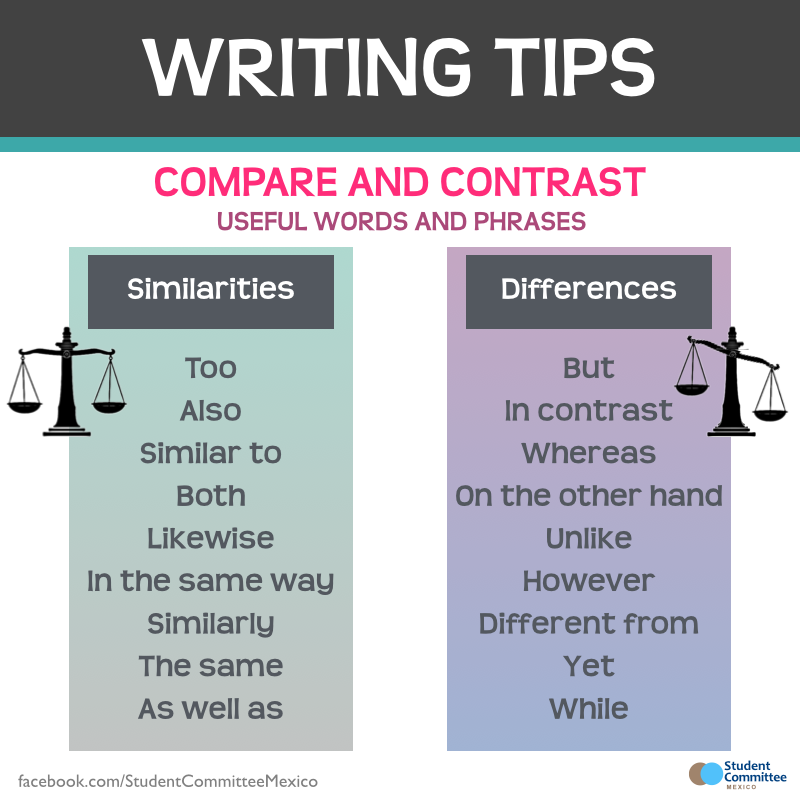 Rather, it aims to promote transparency, elevate communications, and appreciate individual value.
Rather, it aims to promote transparency, elevate communications, and appreciate individual value.
In the end, shared positive language will promote effective communication and collaboration; breeding innovation, success, and organizational value.
“Language Matters” contains a comprehensive list of all the positive language shifts you can implement to drive effective communication across your enterprise.
For access to the full article, and to exclusive BRM-related knowledge and resources, join the BRM Community today!
Leave a Reply
You must be logged in to post a comment.
"The power of words is not a metaphor": how the words and actions of other people affect our brain - Monoclair
Headings: Favorites, Neuroscience, Translations, Latest articles, Psychology
Did you find something useful here? Help us stay free, independent, and free by making any donation or purchasing some of our literary merchandise.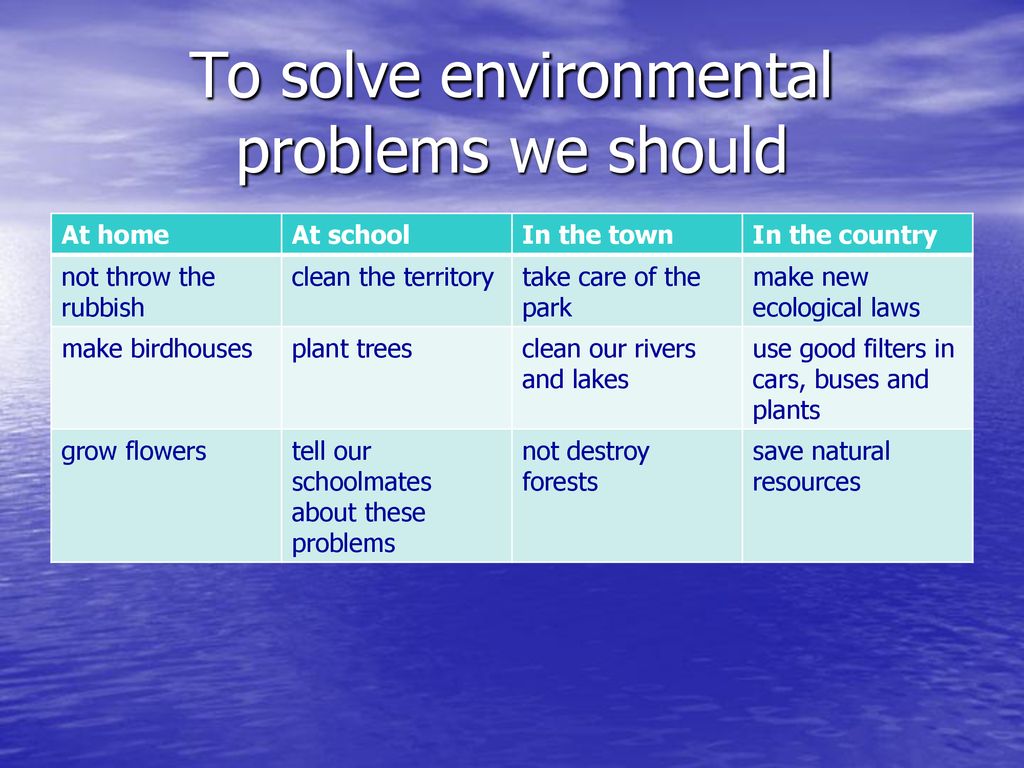
Lisa Feldman Barrett, Ph.D., Professor of Psychology at Northeastern University in Boston, shares an excerpt from 7 1/2 Lessons About the Brain in which our words and actions affect the functioning of the brain and the physiological state of loved ones (and vice versa), how destructive an aggressive environment is for the brain, why it is more difficult for us to empathize with strangers and process information with which we disagree, and why we really lose part of ourselves after a breakup of a relationship or loss of a loved one. nine0009
We humans are a social species: we live in groups, we care for each other, we build civilizations.
Our ability to cooperate has been a major adaptive advantage that has enabled us to colonize virtually the entire natural environment and adapt to living in a variety of climates better than other living things, with the possible exception of bacteria.
An integral part of our existence as a social species is that we influence allostasis ⓘAllostasis is the endogenous process of achieving stability in the body's internal environment, or homeostasis, through physiological or behavioral changes (Copstead & Banasik 2013). each other, that is, the ways in which the brain manages the bodily resources used daily. Throughout your life, you, without hesitation, influence the allostasis of other people, just as they influence yours. This has its pros and cons, as well as serious consequences. nine0003
each other, that is, the ways in which the brain manages the bodily resources used daily. Throughout your life, you, without hesitation, influence the allostasis of other people, just as they influence yours. This has its pros and cons, as well as serious consequences. nine0003
Your family, friends, and even strangers contribute to the structure and function of your brain and help keep your body functioning.
How can people around you influence your physiological state and already formed brain? We know that the brain changes its structures after a new experience, this process is called plasticity. Microscopic zones of neurons gradually change every day. Dendrites become more branched, and neural connections become more efficient. Gradually, the brain is tuned in a certain way in the course of interaction with other people. nine0003
The brain of one person is more attentive to others, the brain of another is less attentive, but everyone has someone.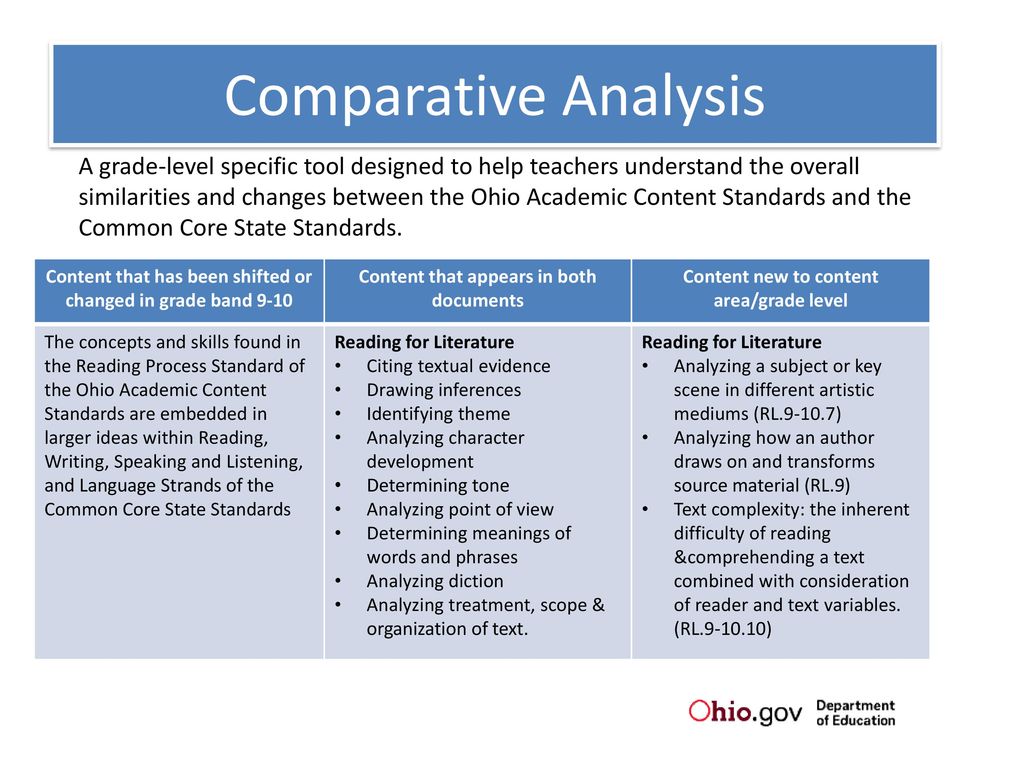 Ultimately, your family, friends, neighbors, and even strangers all contribute to the structure and function of our brains and help keep our bodies active.
Ultimately, your family, friends, neighbors, and even strangers all contribute to the structure and function of our brains and help keep our bodies active.
This co-regulation has measurable effects. When you're around someone you care about, your breathing can sync up, as can your heartbeats, whether it's a casual conversation or a heated argument. Such physical bonding occurs between infants and parents, clients and therapists, even people who attend yoga classes or sing in a choir together. nine0003
By raising your voice or simply by raising an eyebrow, you can influence what goes on inside the other person.
We are also able to change the allostasis of another person by our actions. By raising your voice or simply by raising an eyebrow, you can influence what happens in other people's bodies, such as heart rate or chemicals that enter the bloodstream. If a loved one is in pain, you can ease their suffering by simply holding their hand.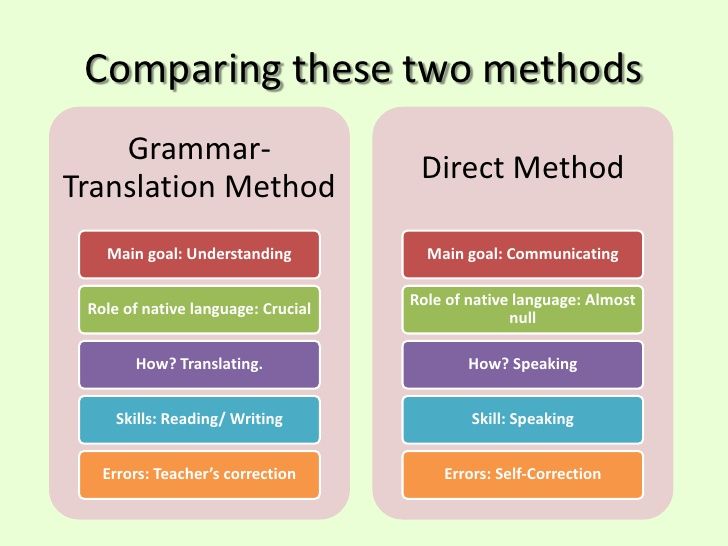 nine0003
nine0003
Our social nature gives us many advantages, including the fact that we live longer if we have close and supportive relationships. Research shows that if you and your partner feel like you're in a really close, caring relationship, that you're responsive to each other's needs, and that you enjoy life when you're together, you're less likely to get sick.
And if you already have a serious illness, such as cancer or heart disease, you are more likely to recover. These studies were done on married couples, but the results seem to hold true for other types of close relationships as well, such as friendships or pet owners. nine0003
In general, there are both advantages and disadvantages to being a social species. We also get sick and die earlier when we constantly feel lonely—perhaps years earlier, according to scientific evidence. If others do not help regulate our internal energy exchange, we get an additional burden.
Have you ever felt like you lost a part of yourself after a breakup or death of a loved one? This is because it really happened: you have lost the source of maintaining the balance of your body systems. nine0003
nine0003
A surprising feature of allostasis is its effect on empathy. When you empathize with other people, your brain predicts what they will think, feel, and do. The more you know other people, the better your brain is at predicting their problems. The whole process feels natural, as if you were reading the other person's mind.
But there is one catch: if you don't know someone well, it will be more difficult for you to empathize with them. You may need to learn more about this person - this requires additional efforts, which will lead to changes in the internal balance, which can cause discomfort. Perhaps this is one of the reasons why people sometimes fail and don't even want to try to empathize with those who look different or believe in other things. It is metabolically expensive for our brain to interact with difficult-to-predict matters. nine0003
Unpleasant words can cause your brain to flood your bloodstream with hormones, wasting your body's resources.
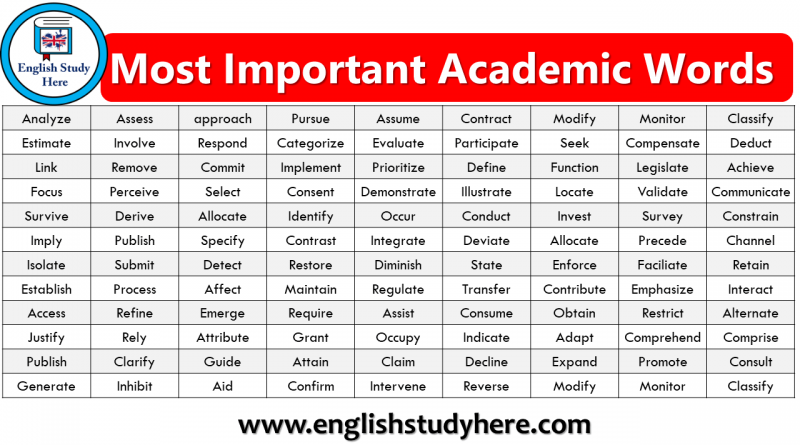
No wonder people create so-called echo chambers by surrounding themselves with news and opinions that reinforce what they already believe—it reduces the metabolic cost and discomfort of learning something new. Unfortunately, it also reduces the chances of learning something that can change a person's mind.
We also regulate each other with words - a kind word can calm you, for example, when a friend compliments you at the end of a hard day. Unpleasant words can cause your brain to flood your bloodstream with hormones, wasting your body's resources. nine0003
The power of words over our biology can overcome great distances. I can write "I love you" from the US to my friend in Belgium, and even if she can't hear my voice or see my face, I'll change her heart rate, her breathing, and her metabolism.
Or someone might text you something ambiguous, like "Is your door locked?" There is a possibility that this may cause a negative response.
Moreover, your nervous system can be excited not only in spite of distance, but also through time. If you have ever been comforted by ancient texts such as the Bible or the Quran, you have received help in maintaining your body systems from people long gone. nine0003
If you have ever been comforted by ancient texts such as the Bible or the Quran, you have received help in maintaining your body systems from people long gone. nine0003
Books, videos, and podcasts can make you feel warm or chilly. These effects may not last long, but research shows that we can all tune each other's nervous systems with simple words on a physical level.
Why do the words we encounter have such a powerful effect on us? Because the many areas of the brain that process language also control our bodies, including the major organs and systems that control allostasis.
The power of words is not a metaphor; this is inherent in the features of the work of the brain network. nine0003
Areas of the brain that scientists call the "language network" also control our heart rate. They regulate the flow of glucose into the bloodstream, which is necessary for cell nutrition. Change the flow of chemicals that support the immune system.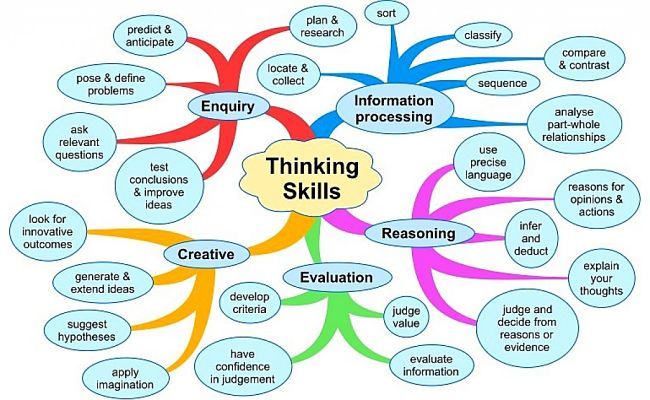
The power of words is not a metaphor; this is inherent in the features of the work of the brain network. We see similar effects in other animals; for example, the neurons fired in a bird when it sings also control the organs of its body.
Thus, words are instruments for regulating the human body. Other people's words have a direct effect on your brain and body systems, and your words have the same effect on other people. Whether you take this effect into account is irrelevant. It's just the way we are. nine0003
Does this mean that words can harm your health? In small doses - hardly. When someone says something you don't like, insults you, or even threatens your physical safety, you can feel terrible.
At this point, your allostasis is affected, but there is no physical damage to the brain or body. Your heart may beat faster, your blood pressure may fluctuate, you may sweat, but then your body recovers, and your brain may even become more stress-resistant afterward.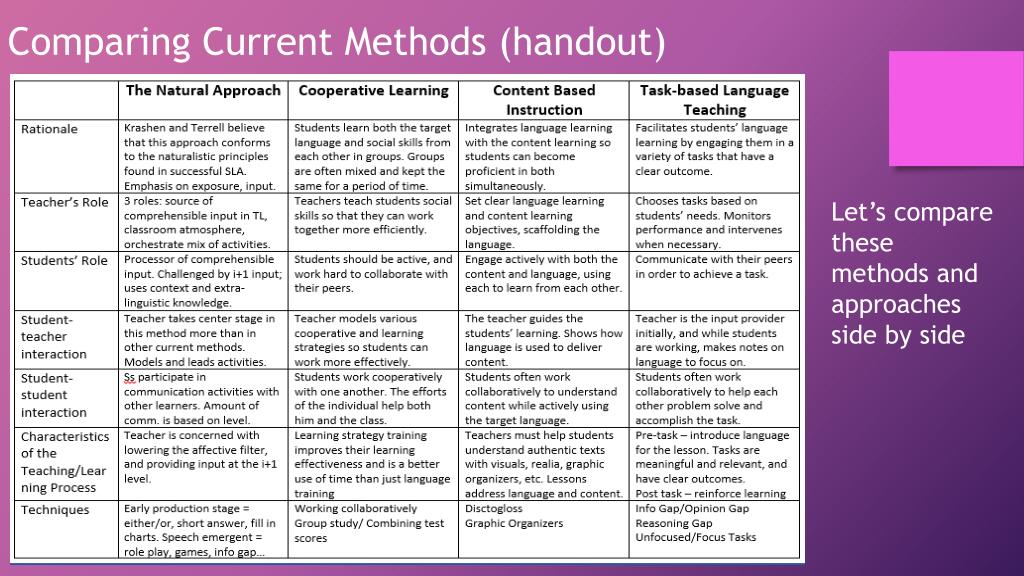 nine0003
nine0003
Evolution has given us a nervous system that can handle and even benefit from temporary metabolic changes. Occasional stress can be like exercise - short-term withdrawals from your body's energy budget, followed by deposits, make us stronger and better.
But if we experience stress again and again, with no way to recover, the consequences can be much more serious. When we swim in a boiling sea of stress and an ever-increasing deficit accumulates in our energy exchange system, this process becomes chronic. And its consequences go far beyond the fact that a person simply feels miserable at the moment. nine0003
Over time, anything that contributes to chronic stress can gradually damage the brain and cause physical illness. Stressors include verbal aggression, social rejection, neglect, and countless other creative ways that we social animals torture each other.
It is important to understand that the human brain probably does not distinguish between sources of chronic stress.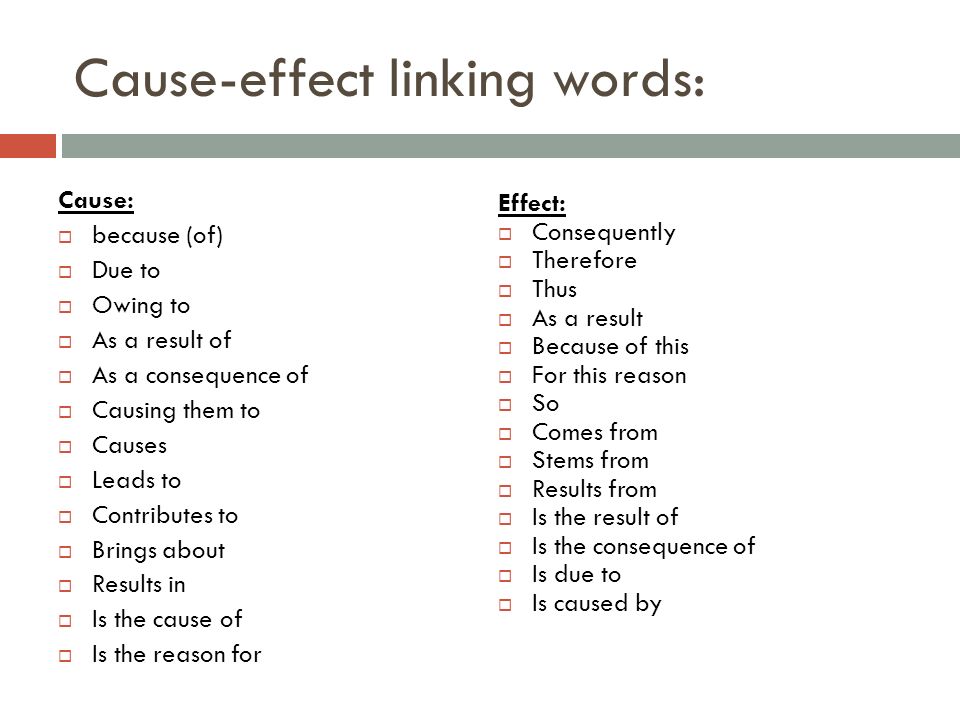 If the body's resource is already depleted due to life circumstances - such as physical illness, financial difficulties, hormonal surges, lack of sleep or exercise - the brain becomes more vulnerable to all kinds of stress. This includes the biological effects of words that are meant to intimidate, intimidate, or torture you or people you care about. nine0003
If the body's resource is already depleted due to life circumstances - such as physical illness, financial difficulties, hormonal surges, lack of sleep or exercise - the brain becomes more vulnerable to all kinds of stress. This includes the biological effects of words that are meant to intimidate, intimidate, or torture you or people you care about. nine0003
When the body is constantly overloaded, short-term stresses accumulate, even those after which a person usually returns to normal. Imagine children jumping on a bed: a bed can withstand 10 children jumping, but the 11th will break its frame.
Simply put, prolonged periods of chronic stress can damage the human brain. Research shows that when you are constantly exposed to verbal aggression, you are more likely to get sick. Scientists don't yet understand all the mechanisms behind this, but we do know that it does happen. nine0003
The studies of verbal aggression involved average people across the political spectrum - left, right and center.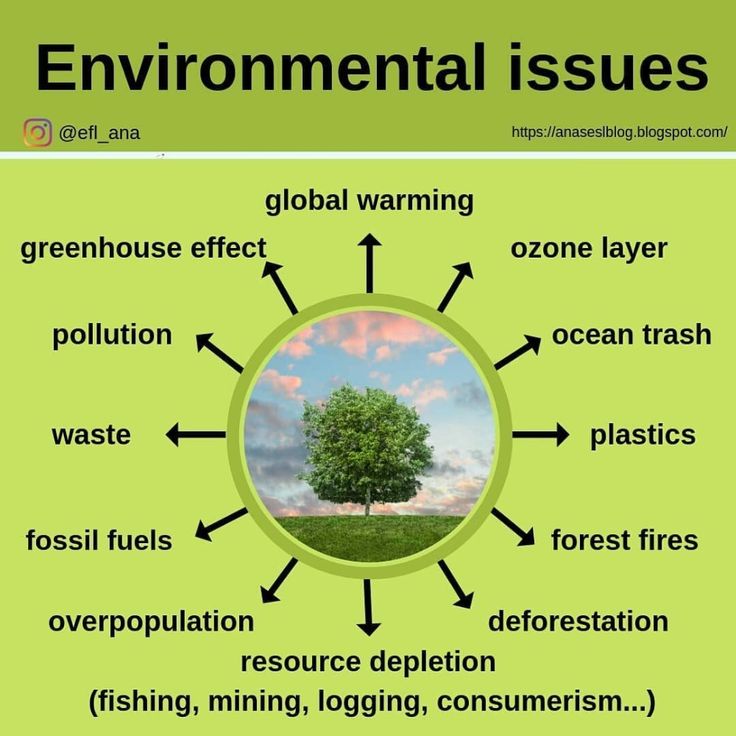 If people insult you, their words will not affect your brain the first time or the second time, maybe even the twentieth.
If people insult you, their words will not affect your brain the first time or the second time, maybe even the twentieth.
But if you are subjected to verbal abuse continuously for months at a time, or live in an environment that requires all your systems to be strained and resources wasted, words can indeed physically injure your brain. Not because you are weak or pampered, but because you are human. nine0003
Your nervous system is connected to other people's behavior, good or bad. You can argue what this data means and whether it matters, but it is what it is.
We are free to speak and act, but we are not free from the consequences of what we say and do.
This is the fundamental dilemma of the human condition: the best for your nervous system is the other person, and the worst for your nervous system is also the other person. Scientists are often asked to do research that would be useful in everyday life, and these findings about words, chronic stress, and illness are a perfect example of that benefit. When people treat each other with basic respect, it has a real biological benefit. nine0003
When people treat each other with basic respect, it has a real biological benefit. nine0003
A realistic approach to our dilemma is to realize that freedom always comes with responsibility. We are free to speak and act, but we are not free from the consequences of what we say and do. We may not care about these consequences, or we may not agree that these consequences are justified, but they come with costs that we all pay.
We pay for enhanced care for diseases such as diabetes, cancer, depression, heart disease, and Alzheimer's disease that are exacerbated by chronic stress. We are paying for an inefficient government in which politicians spit poison on each other instead of having reasoned debates. nine0003
Given that our society makes decisions about health care, legislation, public policy, and education, we may ignore or take our socially dependent nervous system seriously. Our biology will not just disappear.
About the author
Lisa Feldman Barrett, PhD, is in the top 1% of most cited scientists in the world for her research in psychology and neuroscience. Her concept of how emotions work is best known. She is a Distinguished Professor at Northeastern University in Boston, and works at Massachusetts General Hospital and at Harvard Medical School. Dr. Barrett was awarded a Guggenheim Fellowship in Neuroscience in 2019year, is a member of the American Academy of Arts and Sciences and the Royal Society of Canada.
Her concept of how emotions work is best known. She is a Distinguished Professor at Northeastern University in Boston, and works at Massachusetts General Hospital and at Harvard Medical School. Dr. Barrett was awarded a Guggenheim Fellowship in Neuroscience in 2019year, is a member of the American Academy of Arts and Sciences and the Royal Society of Canada.
An excerpt from Lisa Feldman Barrett's 7 1/2 Lessons on the Brain (© 2020 Lisa Feldman Barrett) was first published in English on TED Ideas on November 17, 2020 .
Cover: Francis Picabia, 1937-1938 / Gandalf's Gallery / Flickr
Monoclere is an independent project. We do not have investors, advertising, paywalls - only ideas and knowledge that we want to share with you. But we can't do it without your support. By donating or purchasing some of our literary merchandise, you will help us stay free, free, and open to all. nine0003
If you find an error, please highlight the text and press Ctrl+Enter .
Depression of the Airona -Armopsychology
HELLOW THE
9000 SIME 9000 9000 9000
9000 9000 ADS SAME LIGHTS AD
9000 9000 ADS SAME LIGHTS AD
In this section, we talked more than once about how thoughts affect our destiny. And today we decided to devote the topic to words that we often pronounce by chance, on the “machine”, and we don’t even think about the fact that they can ruin our energy, health and life in general. So, what phrases bring negativity, and which, on the contrary, help get rid of problems and even contribute to the fulfillment of desires? Let's talk about it. nine0148
Parasitic words
Have you ever thought about how many unnecessary and harmful words are in your vocabulary? No? Then check yourself or ask your loved ones about it, who probably hear such words from you every day. “In short”, “this is the most”, “as if”, “type”, “actually”, “simple”, etc. Familiar? It is possible that many people use these expressions and do not even understand that they are gradually destroying our energy.
Familiar? It is possible that many people use these expressions and do not even understand that they are gradually destroying our energy.
Aggression
People who often use the word "short" in their vocabulary are aggressive by nature. It is difficult for these individuals to contain their emotions, they are not used to doing everything according to plan. Moreover, they can’t organize anything, as excessive fuss interferes. Try to get rid of this word, and gradually harmony will come to you.
Irresponsibility
Does your interlocutor often use the verbal combination “this is the most” in a conversation? Know that before you is a person from among those who are used to shifting their responsibilities onto the shoulders of others. Such characters are not able to plan and clearly act according to the plan, it quickly tires them. If you yourself belong to those, then for a start you should get rid of parasitic words, and then gradually learn how to plan and pause between work. nine0003
nine0003
Excessive fantasy
People who often use the saying “as if” in their speech are mostly creative people. They are accustomed to give free rein to fantasy, to soar in the clouds. We can safely say about such people: they live in their own world, where not everyone is allowed. They are accustomed to exist in a kind of vacuum, to hide feelings, thoughts and emotions from the outside world, thereby depriving themselves of simple pleasures. Enjoy what you have, enjoy communicating with people - this is what such people need to learn in order not to completely destroy their energy. nine0003
Categoricalness
Aggressiveness, harshness, unwillingness to accept and understand others are character traits of those who are used to constantly using the word “type”. Such people do not want to change anything in their lives and sometimes even push their loved ones away from themselves with their intolerance. They often become hostages of their own stereotypes, eventually destroying their energy.
Suspiciousness
People who often use the word "just" actually have to face difficulties. Often such people do not have their own “I”, they depend on the opinions of others. What people say and think is very important to them. Perseverance and purposefulness are what they lack in life. Their problem is that they do not believe in their own strength, and this must be corrected. nine0003
Parasitic words negatively affect our energy - it is important to remember this. After all, a lot of things depend on the positive in our life, including health. Therefore, it is worth taking care of yourself, gradually getting rid of the use of words that interfere with life. And at the same time, from problems that interfere with peace and happiness.
Phrases with negative energy
A successful and self-confident person hardly often uses phrases with a negative connotation in his speech. After all, in this case, problems are not long in coming.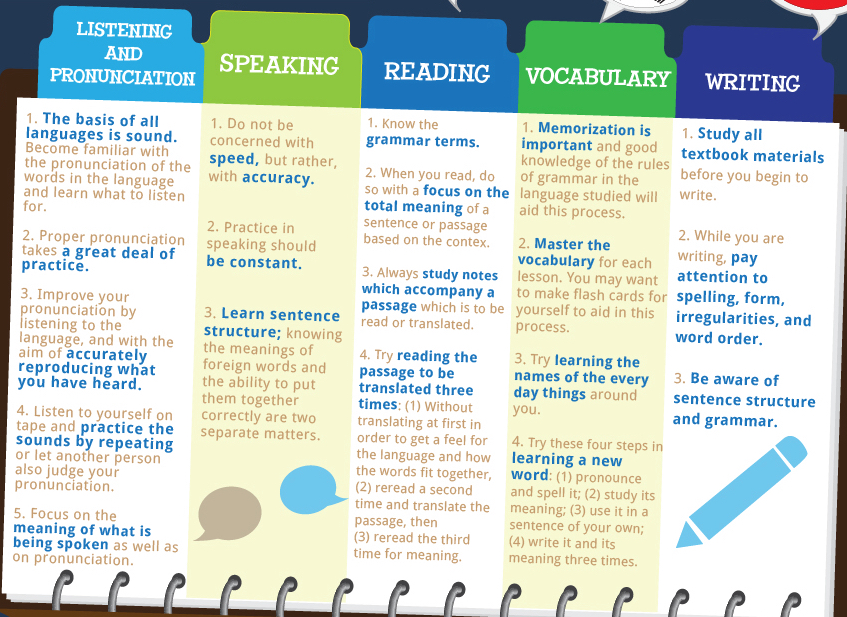 If you often use such combinations of words, then you should not be surprised that everything in your life is not going well. And these are the expressions we are talking about ...
If you often use such combinations of words, then you should not be surprised that everything in your life is not going well. And these are the expressions we are talking about ...
“I won't succeed”
Well, tell me, how can something good happen in the life of a person who constantly pronounces this phrase? She not only deprives him of self-confidence, but also prevents him from moving forward. It turns out that you just stand in one place, and life passes by. Indeed, by saying this, you make luck turn away from you, and even if you then get down to business, everything will fall out of your hands.
"I don't deserve it"
This very common phrase can seriously spoil your life, as it builds an invisible barrier, due to which neither luck, nor positive, nor happiness will come into your life. Because you give the Universe a message that you are not worthy of these benefits.
"It's impossible"
Another phrase that crosses out all the good things that should come into your life.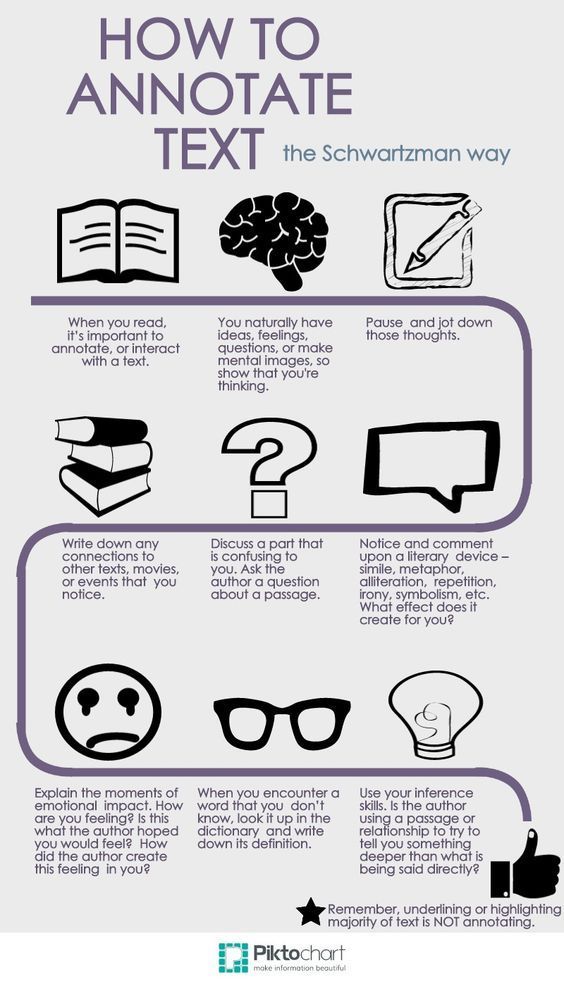 It takes away the dream from everyone who utters it. Do you remember that thought is material? So imagine how desires should be fulfilled if you yourself think that this is unrealistic. nine0003
It takes away the dream from everyone who utters it. Do you remember that thought is material? So imagine how desires should be fulfilled if you yourself think that this is unrealistic. nine0003
Even if it seems to you that the dream is unattainable, and everyone around you only confirms it, learn to think positively, believe in your strengths and desires will come true despite everything. Thoughts are really material, and in order for life to be happy and joyful, they must be only positive.
Expert comment
AND NOW ABOUT HELPING WORDS…
Daria MIRONOVA, clairvoyant, psychic: 0127
- Any person can fulfill his dream, the main thing is to remember that it has its own deadline. And one more thing - you need to stop bringing negativity into your life yourself so that the realization of desire goes faster. A person can, without realizing it, by means of ordinary words push away what he wants from himself and, conversely, attract problems.
There are situations in life when, overwhelmed with emotions, we are rude, quarrel, or even try to take revenge. At such moments, you need to silently or out loud say the word "good" . After all, it always defeats evil - remember this. Just one word uttered by you can help avoid trouble.
"Courage" - this word should be pronounced every time you are overcome by fear. It doesn’t matter what this or that situation is specifically related to, just say it a few times, and you will feel better.
It happens that a person makes plans, slowly but surely goes to them, but at some stage the strength ends, and apathy sets in. In such cases, word 9 will help you0147 "future" . We all strive for a bright future, and when you say this word, you make a positive message. In such situations, the word "strength" can also be applied.
The word “love” uttered to oneself at the moment of a quarrel with relatives or a loved one will help to calm down.
